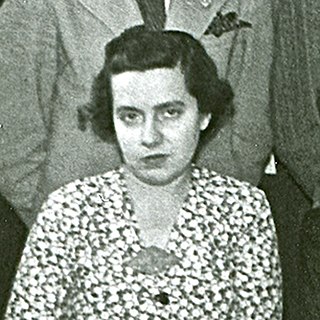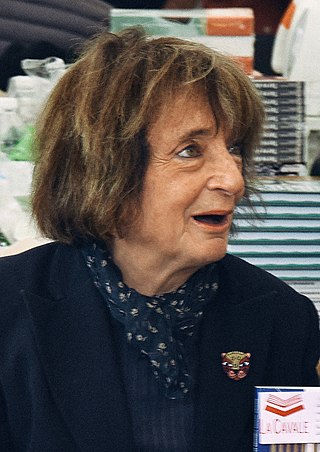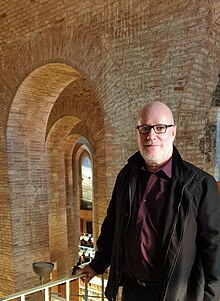
Michel Serres was a French philosopher, theorist and writer. His works explore themes of science, time and death, and later incorporated prose.

Abdellatif Laâbi is a Moroccan poet, journalist, novelist, playwright, translator and political activist, born in 1942 in Fes, Morocco.

Patrick Cabanel is a French historian, director of studies at the École pratique des hautes études and holder of the chair in Histoire et sociologie des protestantismes. He mainly writes on the history of religious minorities, the construction of a secularised French Republic and French resistance to the Shoah.
Clément Rosset was a French philosopher and writer. He was a professor of philosophy at the University of Nice Sophia Antipolis, and the author of books on 20th-century philosophy and postmodern philosophy.

Baroness Suzanne Lilar was a Flemish Belgian essayist, novelist, and playwright writing in French. She was the wife of the Belgian Minister of Justice Albert Lilar and mother of the writer Françoise Mallet-Joris and the art historian Marie Fredericq-Lilar.

Jean Fourastié was a French civil servant, economist, professor and public intellectual. He coined the expression Trente Glorieuses to describe the period of prosperity that France experienced from the end of World War II until the 1973 oil crisis.

Xavier Darcos is a French politician, scholar, civil servant and former Minister of Labour.

Bernard Cerquiglini, is a French linguist.

Pierre Bayard is professor of Literature at the University of Paris 8 and psychoanalyst. He is the author of many creative essays such as Who Killed Roger Ackroyd? (2002), How to Talk about Books You Haven't Read (2007), and Sherlock Holmes Was Wrong (2008).

Kilien Stengel is a French gastronomic author, restaurateur, and cookbook writer. He has worked at Gidleigh Park, Nikko Hotels, Georges V Hotel in Paris, and in a number of Relais & Châteaux restaurants.

Jean-Marie Klinkenberg is a Belgian linguist and semiotician, professor at the State University of Liège, born in Verviers (Belgium) in 1944. Member of the interdisciplinary Groupe µ. President of the International Association for visual Semiotics.
Geocriticism is a method of literary analysis and literary theory that incorporates the study of geographic space. The term designates a number of different critical practices. In France, Bertrand Westphal has elaborated the concept of géocritique in several works. In the United States, Robert Tally has argued for a geocriticism as a critical practice suited to the analysis of what he has termed "literary cartography".

Lambert Schlechter is a Luxembourg author who has published some 40 books written in French, most of them published in France and two written in German published in Luxembourg. His work includes poetry, novels, short stories and essays. A great number of contributions to newspapers, magazines and anthologies in different countries. Since 2006 he is working on a greater prose project under the general title "Le Murmure du monde": a collection of literary, philosophical and autobiographical fragments; so far nine volumes have been published, X, XI and XII are in preparation.

Jeanne Lapointe was a Canadian academic and intellectual.

Monique Pinçon-Charlot is a French sociologist, research director at the French National Centre for Scientific Research (CNRS) until 2007, year of her retiring, attached to the Research Institute on Contemporary Societies/ l'Institut de recherche sur les sociétés contemporaines (IRESCO).

Henri de Montaut was a French draftsman, engraver, and illustrator of the 19th century. He sometimes signed Henri de Hem, Monta or Hy.

Jean Bollack was a French philosopher, philologist and literary critic.

Michel Zink is a French writer, medievalist, philologist, and professor of French literature, particularly that of the Middle Ages. He is the Permanent Secretary of the Académie des Inscriptions et Belles-Lettres, a title he has held since 2011, and was elected to the Académie française in 2017. In addition to his academic work, he has also written historical crime novels, one of which continues the story of Arsène Lupin.

Jean-Louis Chrétien was a French philosopher in the tradition of phenomenology as well as a poet and religious thinker. Author of over thirty books, he was the 2012 winner of the Cardinal Lustiger Prize for his life’s work in philosophy. He was professor emeritus of philosophy at the Sorbonne at the end of his career. The study of Chrétien increased widely after his death, a posthumous recognition that contrasts with his modest and solitary attitude.
Béatrice Didier is a French literary critic.

















